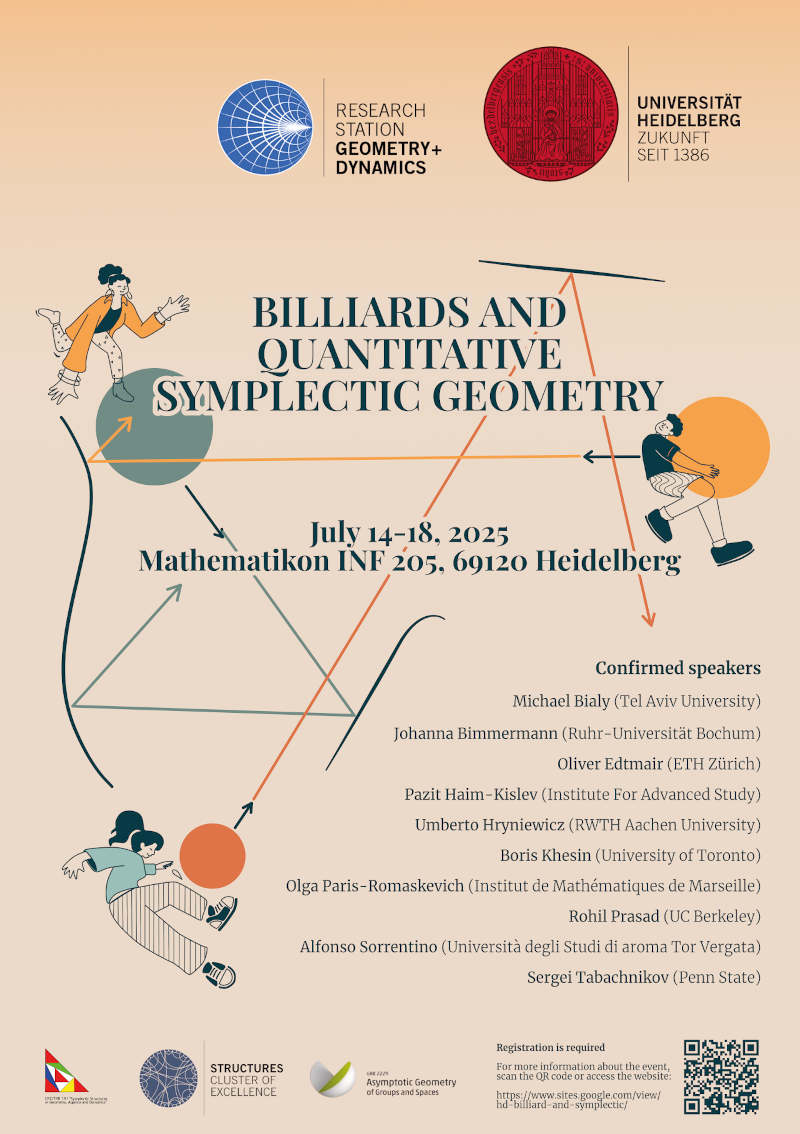Newsroom
Stay informed with our latest news and announcements on this page. For more in-depth content, we also encourage visitors to explore our bimonthly STRUCTURES Newsletter magazine, which features a variety of articles, interviews with members, and background information on our latest research and activities.

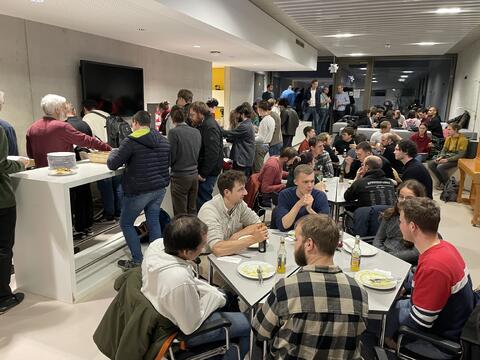
We are delighted to announce the next event in our Machine Learning Galore! series, focusing on Scientific Machine Learning, which will take place on Thursday, July 08, from 4:30 to 6:00 pm at INF 205 Mathematikon (5th floor). The event features lab presentations by principal investigators, followed by brief presentations from junior scientists showcasing their latest work. Extended discussions will offer ample opportunity for in-depth exchanges.
Event Details:
- Lab presentations:
- Klaus Maier-Hein
- Florian Nieser
- Wolfram Pernice
- Science Talks:
- Saikat Roy (Maier-Hein lab): Flash over Function: A cautionary tale of trend-chasing from Medical AI
- Daniel Schiller (Nieser-Plehn-Heneka labs, STRUCTURES): Repurposing Large Language Models for Cosmology
- Frank Brückerhoff-Plückelmann (Pernice lab): Probabilistic Photonic Computing
Registration is free but required via the ML-AI portal:
https://www.mlai.uni-heidelberg.de/en/machine-learning-talks-on-campus
About Scientific Machine Learning
Scientific Machine Learning is a collaborative initiative by the Interdisciplinary Center for Scientific Computing (IWR) and the STRUCTURES Cluster of Excellence. Its mission is to foster interaction and exchange within the local machine learning community, and to support its development by consolidating activities and resources that might otherwise remain scattered across individual institutions or disciplines. The initiative aligns closely with the objectives of STRUCTURES, which aims to advance fundamental research, and with IWR’s focus on applying machine learning to address long-standing challenges in the natural and life sciences, engineering, and the humanities.
Further information:
From Massive Stars to Gravitational Waves: Michela Mapelli Secures ERC Advanced Grant to Decode Black Hole Origins

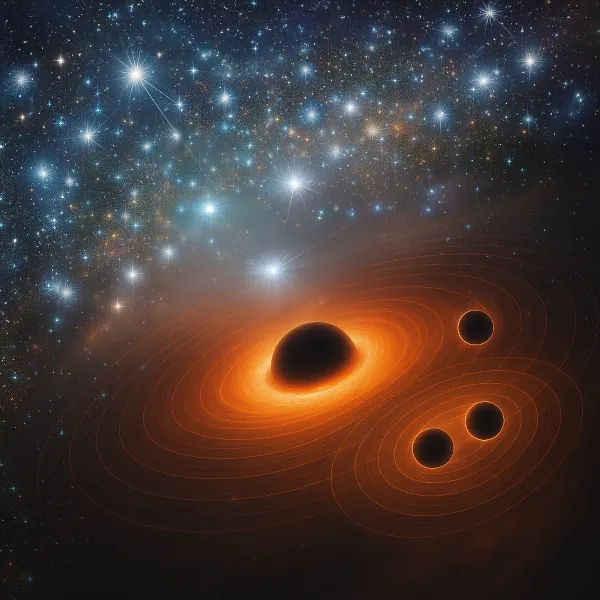
Michela Mapelli, STRUCTURES Professor of Computational Physics, receives an ERC Advanced Grant
An ERC advanced grant has been awarded to Michela Mapelli, Professor of Computational Physics at the Centre for Astronomy of Heidelberg University (ZAH). Her project “IMBLACK: Intermediate-Mass Black Holes in the Era of Gravitational-Wave Astronomy” aims to study the formation of intermediate-mass black holes with a mass ranging from 100 to 10'000 times the mass of our Sun.
“Black holes in this mass range are the most enigmatic.” – says Michela Mapelli – “We need them to explain the formation of supermassive black holes lying at the center of most galaxies, but their observational evidence is still scant, and their origin is puzzling. Gravitational-wave and electromagnetic measurements are starting to probe this mass regime, and the next-generation gravitational-wave detectors (Einstein Telescope, Cosmic Explorer, and LISA) will capture their mergers across almost the entire Universe. But even if we had such data tomorrow, we would not be able to interpret them, because theoretical models are still too uncertain.”
To gain insight into the formation of such enigmatic objects, IMBLACK will generate an ambitious set of models of very massive star evolution, runaway stellar collisions, and hierarchical mergers of binary black holes in dense star clusters across cosmic time. The new models will be compared against the data from ground-based gravitational-wave detectors (LIGO-Virgo-KAGRA) and electromagnetic candidates, including the one recently discovered by Heidelberg researchers in the Galactic globular cluster Omega Centauri.
Short Bio
Michela Mapelli studied Physics at the University of Milano-Bicocca and received her PhD in Astrophysics in 2006 from the International School for Advanced Studies (SISSA) in Trieste. After two postdoctoral fellowships in Zurich and Milan, she became permanent research staff at the Italian National Institute for Astrophysics (INAF) in 2011. She was then a fixed-term full professor at the University of Innsbruck (2017-2018), and an associate professor at the University of Padova (2018-2023). In 2023, Michela Mapelli became STRUCTURES Professor of Computational Physics and joined the Institute for Theoretical Astrophysics (ITA) at the Center for Astronomy of Heidelberg University (ZAH) as well as the Interdisciplinary Center for Scientific Computing (IWR). She has received several recognitions for her research on massive stars and black holes, including the MERAC Prize for the Best Early Career Researcher in Theoretical Astrophysics (2015) and an ERC Consolidator grant (2017).
Further Information:
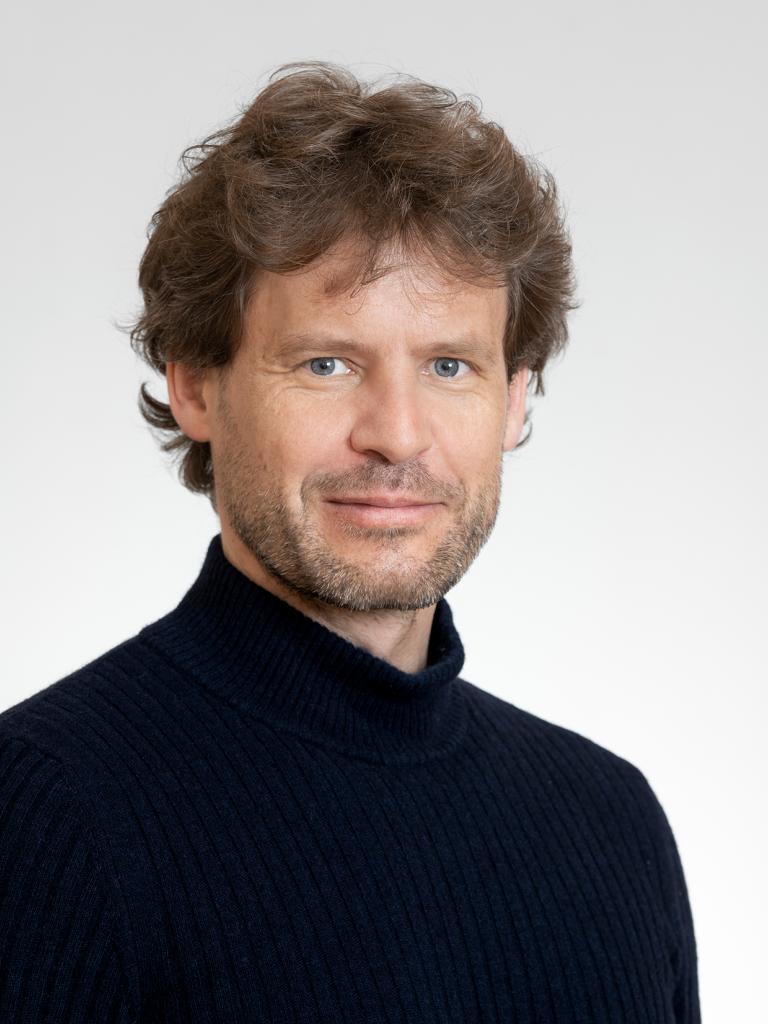
The European Research Council (ERC) has granted STRUCTURES member Wolfram Pernice an ERC Advanced Grant.
Physicist Wolfram Pernice works in the field of photonic computing on artificial neural networks, which use light instead of electrons for data processing and data communication. His current research aims to link these new technologies with processes of probabilistic computing. It involves machine learning models which, unlike determinist approaches, work with probability statements and use noise as a resource.
The project aim is to develop hybrid integrated photonic circuits that use physical randomness for ultrafast computing. This is expected to enable optical computers performing at operation rates well beyond the limits of conventional digital computing. For his ERC project “Probabilistic Photonic Computing” (PICNIC) Prof. Pernice is to receive just under 3.5 million euros in funding. The scientist has been Professor of Experimental Physics at Heidelberg University since 2021 and heads the working group on neuromorphic quantum photonics at the Kirchhoff Institute for Physics (KIP). For his research on information processing and rapid computation using light he was awarded the German Research Foundation’s Gottfried Wilhelm Leibniz Prize for 2025. The Advanced Grant marks the second time he has received funding from the ERC, after having been awarded a Consolidator Grant in 2016.
Short Bio
Wolfram Pernice studied microsystems engineering at the University of Freiburg and computer science at Indiana University, Bloomington, USA. He obtained his doctorate at the University of Oxford, UK, in 2007. A year later, he moved to Yale University, USA, sponsored by the Alexander von Humboldt Foundation, and in 2011, he became head of an Emmy Noether junior research group at Karlsruhe Institute of Technology. In 2015, he accepted a professorship at the University of Münster. Since 2021, Pernice has been a professor at KIP and the STRUCTURES Cluster of Excellence at the University of Heidelberg. In 2013, he was elected to the Junge Akademie at the Berlin-Brandenburg Academy of Sciences and Humanities (BBAW) and the German National Academy of Sciences Leopoldina. He received an ERC Consolidator Grant in 2016, and in 2019, he was a successful participant in the Volkswagen Foundation’s programme Momentum. In 2025 he received the German Research Foundation’s prestigious Gottfried Wilhelm Leibniz Prize.
Weblinks:

The MuT programme (Mentoring and Training) for early-career female researchers offers workshops on appointment processes, profile building, leadership, and negotiation for postdoc researchers in Baden-Württemberg. Funded by the Ministry of Science, Research and the Arts, the programme aims to support female academics, especially on the path to a professorship, through mentoring and training. Interested individuals can join the programme at any time and participate in workshops independently.
The event programme and registration form can be found here:
https://lakog-bw.de/veranstaltungen/ (in German only).
LaKoG is an association of equal opportunities officers at research universities, universities of education, as well as universities of art and design and universities of music and performing arts in Baden-Württemberg. Its core activities aim to encourage women to take up an academic career and to make their contributions visible, as well as supporting them by reducing structural barriers and discriminatory structures, promoting equal opportunities and enhancing the compatibility of career and family.
Further information:
We are happy to announce the workshop on Billiards and Quantitative Symplectic Geometry taking place July 14–18 at Heidelberg University, organized in collaboration with Heidelberg's Research Station Geometry + Dynamics. The workshop aims to foster the rich interplay between billiards and symplectic geometry. Billiards, with their deep connections to dynamical systems and geometry, serve as a valuable tool for studying quantitative symplectic geometry. Conversely, symplectic geometry provides the means to define new types of billiards.
Through lectures, discussions, and collaborative sessions, the event encourages the exchange of ideas, bridging these disciplines and inspiring innovative research directions.
When? July 14–18, 2025
Where? 5th floor conference room of the Institute of Mathematics (Mathematikon)
Applications are open until June 15, 2025. More details and the registration form can be found at:
https://sites.google.com/view/hd-billiard-and-symplectic/
The workshop is organized by Ana Chávez Cáliz, Lina Deschamps, and Levin Maier.
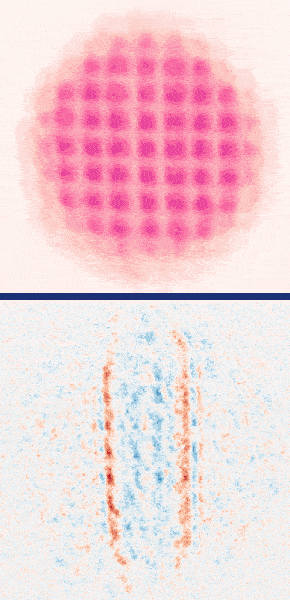
STRUCTURES researchers have uncovered supersolid-like sound modes in a far-from equilibrium quantum gas.
In a new study, experimental physicists from Heidelberg's Kirchhoff Institute for Physics have observed that spontaneously emerging patterns in driven superfluids exhibit properties characteristic of a rare state of matter known as a supersolid. Supersolids are unique because they simultaneously behave like a fluid that can flow without resistance (a superfluid) and a solid with a crystalline structure, meaning particles are both delocalised and arranged in a regular pattern. This duality results from breaking two fundamental symmetries: the U(1) symmetry associated with superfluidity and translational symmetry associated with the periodic structure. A key feature of supersolids is the presence of two distinct types of sound waves, or “sound modes”, connected to the two independently broken symmetries.
Driven systems, which are systems continuously supplied with energy, are of significant scientific interest because they can display unique properties distinct from those at equilibrium, sometimes leading to long-lived states with novel material characteristics. Although these systems are far from equilibrium, in certain cases they can produce ordered stationary states that share physical properties usually attributed to equilibrium systems. This enables the application of mathematical descriptions developed for equilibrium scenarios.
In superfluids, it is known that driving the interaction strength results in stable periodic density structures. However, no previous study has been performed on how sound waves propagate through these patterns. This work demonstrates that the theoretical framework of supersolids (developed for equilibrium systems) can be applied far from equilibrium (in the metastable patterned state), and therefore unites the study of pattern formation with that of supersolids.
The team studied a Bose-Einstein condensate of potassium-39 atoms, periodically driven by modulating the atomic interaction strength. This created stable, periodic density patterns. By probing the state’s response to disturbances, similar to how sound waves are used to study materials, they were able to excite and measure distinct sound modes in this driven quantum gas, whose analysis confirmed that this patterned state behaved like a one-dimensional supersolid, aligning with the hydrodynamic description of “superfluid smectics,” a state of matter that is the superfluid analogue of what is known as a smectic-A liquid crystal phase.
This research, published in Nature Physics, reveals fundamental insights into driven quantum matter, demonstrating that the concept of supersolidity is useful for understanding dynamic and far-from-equilibrium states of matter. Moreover, it establishes the studied Bose-Einstein condensate as a promising platform for exploring other complex phenomena in patterned superfluids, such as topological defects or phase transitions out of equilibrium.
The research was conducted by Nikolas Liebster, Marius Sparn, Elinor Kath, Jelte Duchene, Helmut Strobel, and Markus K. Oberthaler.
Further information:
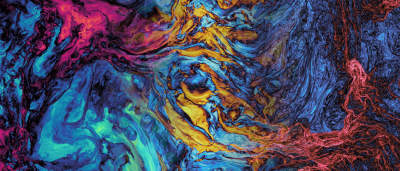
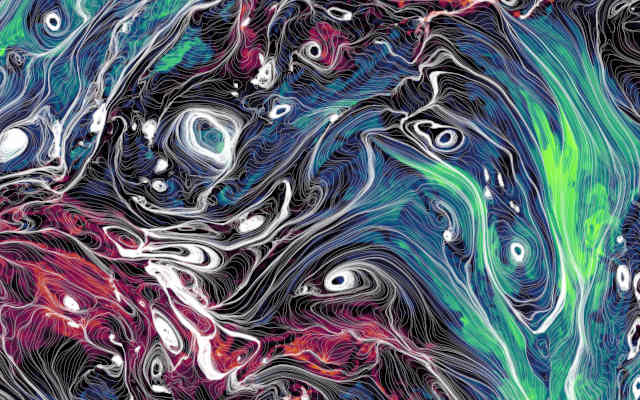
World’s largest simulation of magnetized turbulence reveals major deviations from canonical models.
Groundbreaking simulations led by an international team of researchers, including STRUCTURES member Ralf Klessen (Centre for Astronomy Heidelberg, ZAH, and Interdisciplinary Center for Scientific Computing, IWR) have unveiled previously unknown details about turbulence in the magnetized environment of the interstellar medium (ISM). This complex, turbulent plasma, composed of hot, electrically charged gas and dust between the stars in our galaxy, profoundly influences fundamental cosmic processes such as star formation and cosmic-ray transport. Unlike everyday turbulence, the interstellar medium's plasma is magnetized, making it particularly difficult to observe and model.
The new study, published in Nature Astronomy, utilized simulations with unprecedented grid resolutions to model highly compressible, magnetized turbulence akin to that occurring in the ISM. “This is the first time we can study these phenomena at this level of precision and at these different scales,” says James R. Beattie, the first author of the study. A key finding is the discovery of two distinct, coexisting kinetic energy cascades within the turbulence – a process where kinetic energy flows from large to small scales within the turbulent ISM. The interstellar medium can be envisioned as a fluid with swirling motions of various sizes, powered by energy often injected on large scales (e.g., from exploding stars). According to the new simulations, this energy transfer happens in two separate ways depending on the scale of these motions. On the largest scales, where gas is moving faster than sound (supersonic) and magnetic fields are relatively weak, the energy transfer is more direct and can “jump” across different sizes of swirls. However, on smaller scales, where gas moves slower than sound (subsonic) and is strongly influenced by magnetic fields woven in the ISM, energy flows more gradually down through successive scales. This two-level process of energy dissipation is a significant departure from simpler, older models of turbulence. The team also discovered that energy stored in the magnetic energy itself has its own unique way of cascading through these turbulent regions, following a pattern that current theories do not fully explain.
These findings challenge fundamental theories of magnetohydrodynamic (MHD) turbulence and provide crucial insights into the properties of the ISM. In particular, they help to explain how turbulence affects the initial conditions for star formation. Whereas the coupling of turbulence and magnetic fields enhances filamentary structures along which stars preferentially form, the strong magnetic influence on smaller scales acts like a form of pressure that can help support gas clouds against gravitational collapse – suppressing the rate of star formation at the same time. The simulations used over 80 million CPU hours on nearly 140,000 cores of the SuperMUC-NG supercomputer at the Leibniz Supercomputing Centre.
Further information:
- Original Publication: Beattie, J.R., Federrath, C., Klessen, R.S. et al. The spectrum of magnetized turbulence in the interstellar medium. Nat Astron, 2025 (Link to Nature Astronomy)
- Research homepage of Prof. Ralf Klessen
